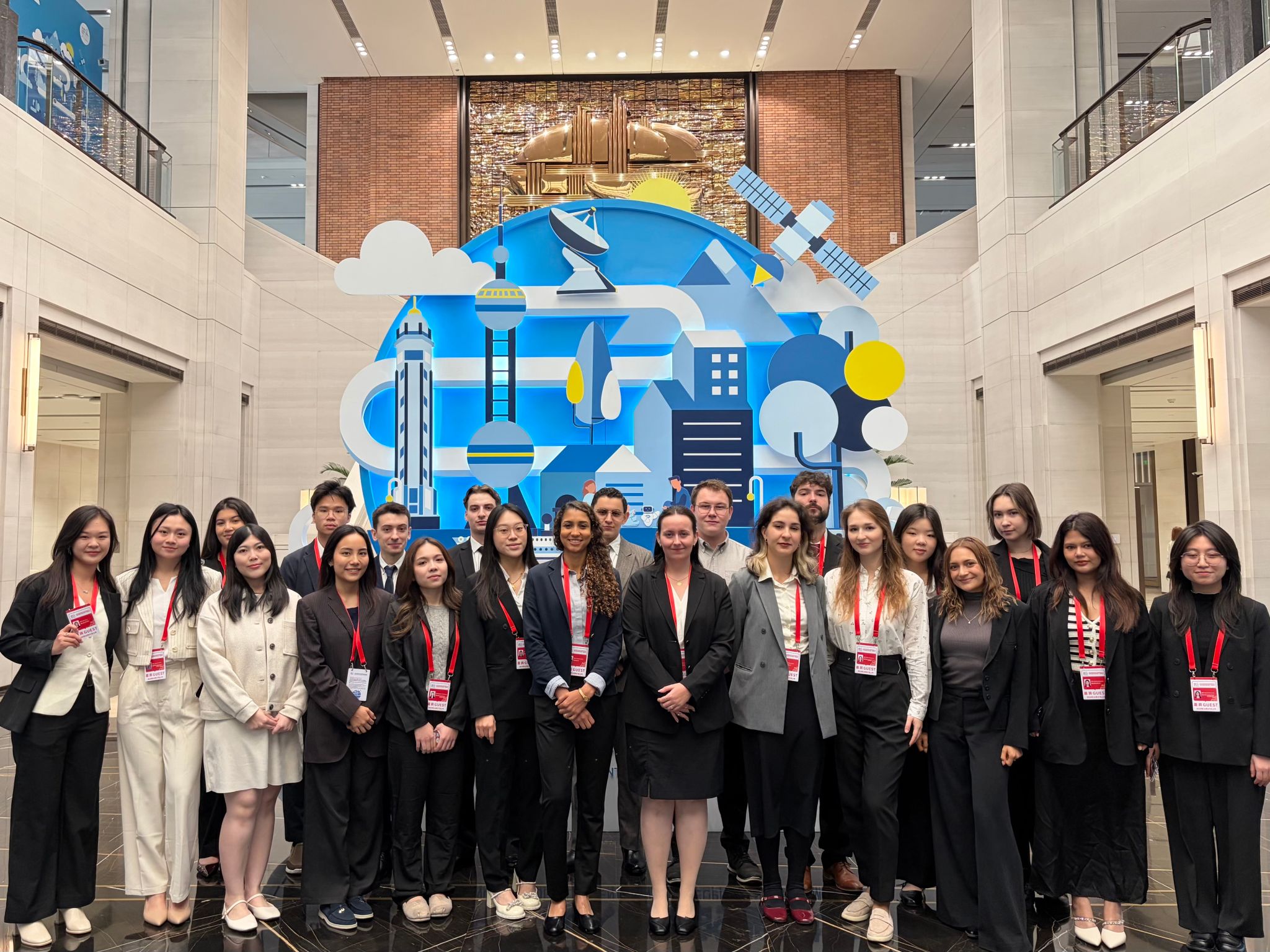On the morning of October 27th, 22 international students from the Master of Global Management (MGM) program of Tongji SEM gathered at the Grand Halls in Shanghai to participate in the “Green, Low-Carbon, and Resilient Cities” themed session, as one of the core forums of the 2025 World Cities Day & SDG Cities Global Conference.
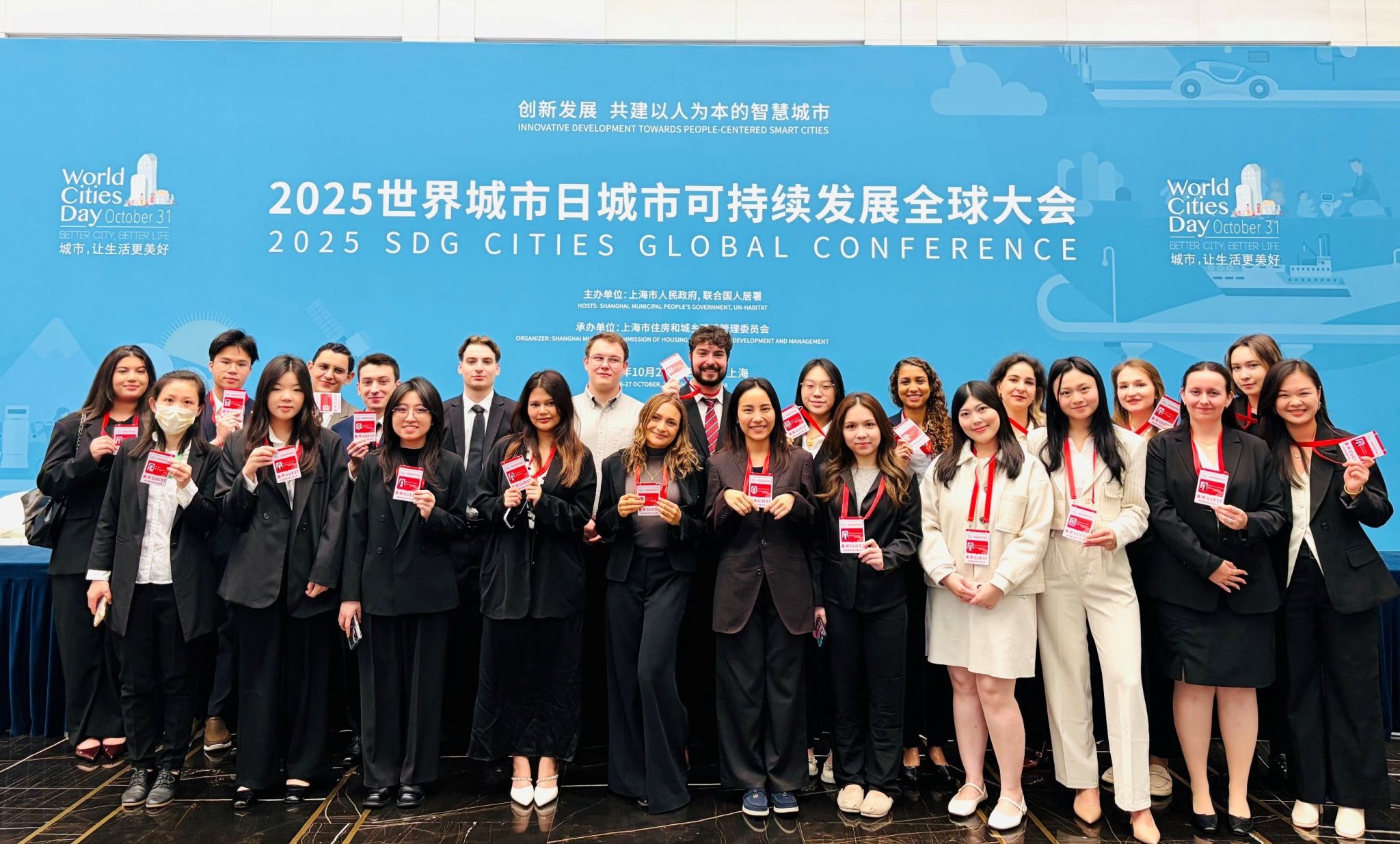
Jointly organized by UN-Habitat and the Shanghai Municipal People's Government, the conference brings together numerous domestic and international think tanks. Participants included leaders and experts from international organizations such as UN-Habitat, UNESCO, UNEP, WMO, the UN Secretariat, and the New Development Bank, alongside professionals from China, Canada, the United States, Spain, Germany, Chile, Japan, Brazil and Kenya. Together, they explored international cooperation and knowledge-sharing mechanisms for sustainable urban development globally, offering multidimensional insights into cutting-edge trends and practical approaches to building green, low-carbon, and resilient cities.
This conference focused on urban green transformation and the development of climate resilience, releasing multiple key technical standards and systematic solutions to invigorate the global low-carbon economy and green infrastructure sectors. Expert insights provided students with an opportunity to learn about cutting-edge global urban development issues.
Reflections from some of the participating students
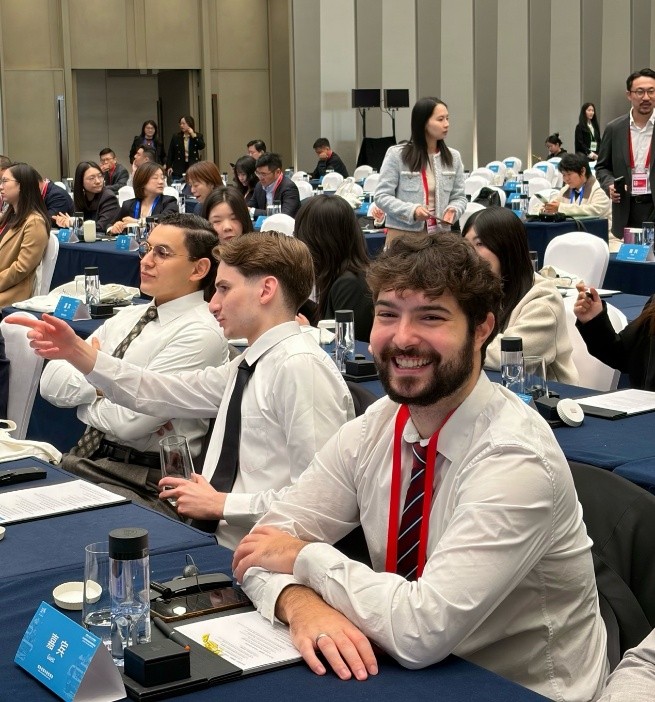
Kylian David (MGM 2025, from France):
During the conference, several leaders emphasized the crucial role of artificial intelligence in building greener, more resilient, and low-carbon cities. AI, described as a tool to make cities “smarter, safer, and more efficient”, offers powerful solutions for climate modelling, energy management, and urban mobility. By analyzing massive amounts of data, it helps anticipate needs and optimize infrastructure, contributing to sustainable and connected urban planning that enhances collective well-being.
However, this digital transition carries a major contradiction: AI infrastructures themselves consume vast amounts of energy. According to the International Energy Agency, data centres could account for up to 4% of global CO₂ emissions by 2030. The challenge is therefore not only to use AI to reduce our carbon footprint but also to make AI itself greener. Significant progress is still needed to develop low-energy technologies and sustainable digital governance so that tomorrow’s cities can truly be intelligent and environmentally respectful.
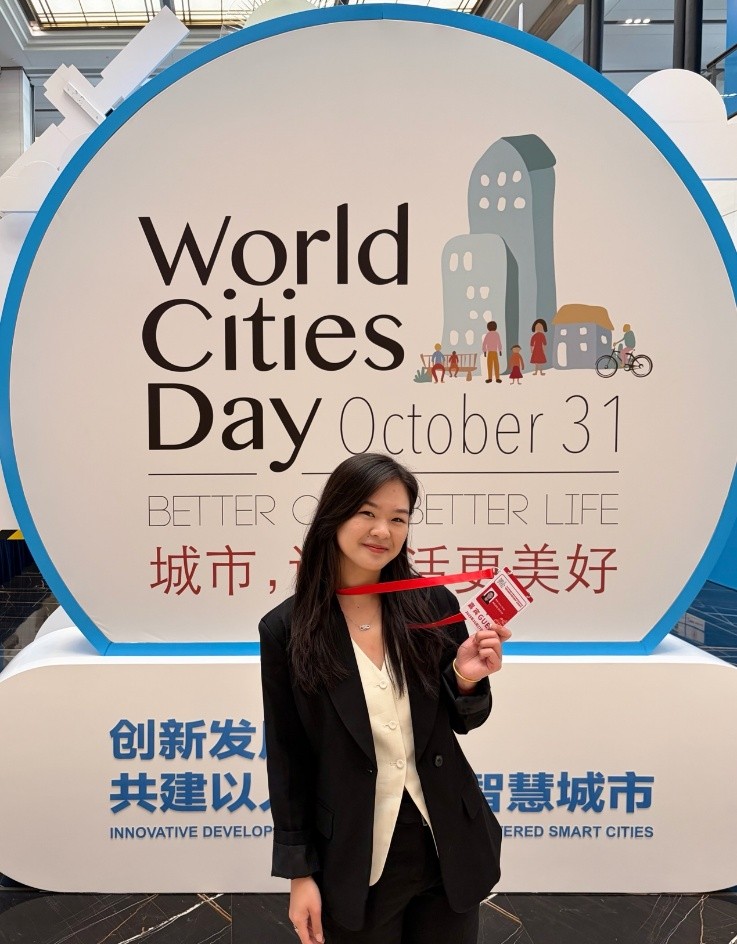
CHEN Jiaqi (Dual Degree MGM 2025, from Italy):
A key insight came from Wen Jianguo, who reframed sustainability not merely as a climatic issue, but as the very foundation for economic development. He emphasized that it is not a financial burden, but a significant opportunity for new growth models. This opened my eyes to the vital connection between sustainable business practices and robust economic development, highlighting how this topic is evolving beyond just environmental impact to a core economic driver.
Furthermore, Mehri Madarshahi left a lasting impression with her closing words: "Resilience is not endurance, it is evolution. Prototype the future not to predict! Cities that do not merely exist on the Earth but coexist with it." This powerful statement made me reflect deeply on the journey from our natural origins to our technologically advanced present, and how we can forge a future of true symbiosis with our planet.
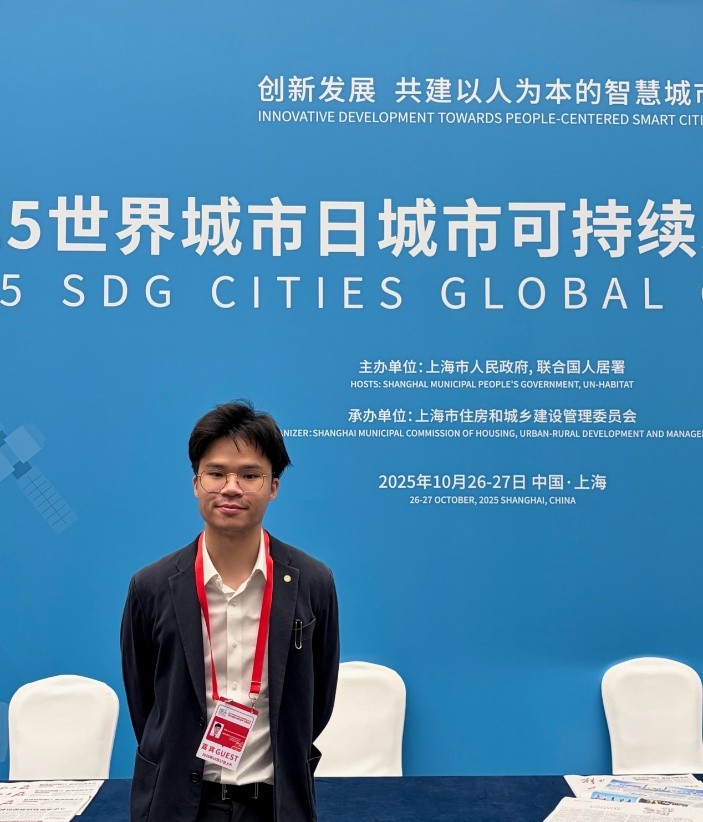
Uenglumpsum Woradech (MGM 2025, from Thailand):
Green carbon logistics isn’t just about cutting enemies; it’s about creating smarter, faster, and cleaner systems that keep our world moving without destroying it. True sustainability means learning to live with the environment, not simply trying to control it. As our population grows and nearly 70% of people live in cities, technology like AI, IoT, and space innovation can help make logistics more intelligent and efficient. But we must guide these tools wisely. With digital transformation and clean transportation, we can build better social infrastructure, improve water and sanitation, and connect people more equally. Right now, 75% of land is altered, 80% of wetlands are gone, and a million species face extinction—a clear reminder that progress must walk hand in hand with nature.
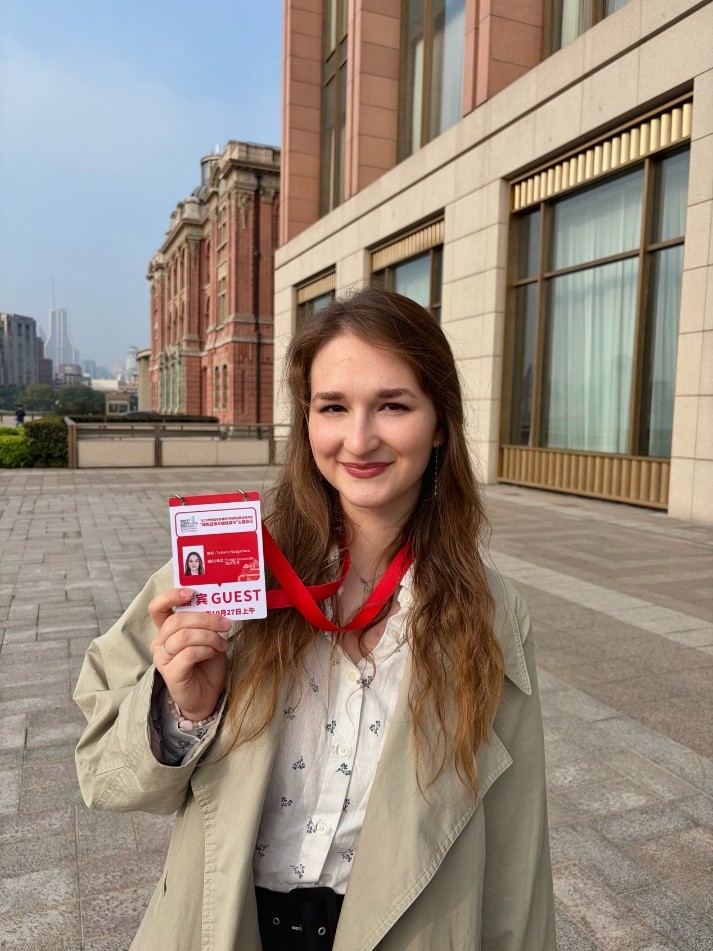
Tatiana Naugadova (MGM 2025, from Russia):
The conference highlighted how our world is transforming at an exponential, not linear speed, demanding urgent and adaptive urban solutions. I was surprised to learn that AI is already operational in nearly 50% of smart city applications, from optimizing traffic to manufacturing, creating more live-able environments. A pivotal insight was that unsustainable consumption directly fuels unsustainable production, requiring a fundamental systemic shift. As we navigate this rapid change, the discussions affirmed that for cities to be truly resilient, culture must be elevated to a core sustainability goal, alongside technology and green infrastructure.
This extracurricular conference broadened the vision of international students, raising their awareness of the importance of sustainability and existing practices. They gained insights into the connection between the future development of cities and the UN's Sustainable Development Goals (SDGs). Students will be able to apply this knowledge to their respective future careers in different countries and regions, integrating the principles of sustainable development into their daily lives and work around the world.
